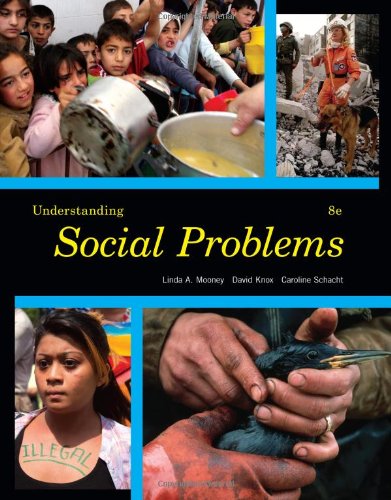Understanding Society is often described as the intricate web of relationships, structures, and systems that bind individuals together. It’s a term that encompasses everything from the smallest family unit to vast global networks. While it’s easy to see society as merely a collection of people living in proximity, it’s far more complex than that. At its core, society represents the collective values, norms, and interactions that shape the way we live, work, and relate to one another.
The Fabric of Society
One of the most crucial elements that tie a society together is its values. Values like respect, justice, equality, and freedom act as guiding principles for how individuals behave and interact. These values are not always uniform, and different societies or cultures may prioritize them differently. For example, some societies may place a higher value on community and collective good, while others emphasize individualism and personal rights. The way societies balance these values directly impacts the dynamics within them.
The Role of Institutions
Institutions play a fundamental role in maintaining the structure and functioning of society. These include both formal institutions, like governments, schools, and businesses, and informal ones, such as family, religious organizations, and social clubs. Institutions provide the rules, frameworks, and social norms that govern interactions within a society.
For instance, education systems help to cultivate knowledge and skills necessary for participating in society, while legal systems provide mechanisms for resolving conflicts and ensuring justice. Family, often considered the most fundamental institution, serves as the primary setting for socialization, where individuals first learn about societal norms, expectations, and roles.
Understanding what hate speech looks like, and how it impacts people and societies, is critical for helping to stop its spread —both online and offline.
— United Nations (@UN) February 2, 2025
Learn how you can take action and say #NoToHate: https://t.co/uHW74nuDAG pic.twitter.com/LidBxJaVCS
Social Stratification and Inequality
Although society brings people together, it can also create divisions. Social stratification refers to the hierarchical layers in society, often based on factors like wealth, class, race, gender, and education. These layers can influence an individual’s opportunities, experiences, and access to resources, leading to inequality.
In many societies, there are long-standing struggles related to social justice, with marginalized groups advocating for equal treatment and opportunities. Movements advocating for racial equality, gender rights, and economic fairness are a testament to society’s ongoing quest for justice and inclusivity.
The Impact of Technology
In the modern age, technology has profoundly reshaped society. The rise of the internet, social media, and digital communication has created a globalized world where people can interact across borders in real time. This interconnectedness has transformed how we work, learn, and engage with others.
However, technology has also brought about new challenges. The spread of misinformation, privacy concerns, and the digital divide—the gap between those who have access to technology and those who do not—are emerging issues that modern societies must navigate. Technology, in this sense, is a double-edged sword, offering both opportunity and risk.
Society and the Future
Looking ahead, society will continue to evolve in response to both external and internal forces. Climate change, artificial intelligence, migration patterns, and shifting global power dynamics are all factors that will shape the future of society. The challenge for modern societies will be to adapt to these changes while preserving the values that hold communities together.
Ultimately, society is a reflection of human interaction and cooperation. It is through our collective efforts—whether in our neighborhoods or on the global stage—that we build systems of support, understanding, and growth. As society moves forward, it is crucial that we foster inclusivity, empathy, and resilience in the face of ongoing change.
In the end, society is not just an abstract concept; it is a living, breathing entity made up of individuals and the relationships we form. Each of us contributes to the structure and spirit of the society we inhabit, and by doing so, we help shape its future for generations to come.




